IFFA to address sustainability in the meat industry
Meat industry must overpass challenges such as resource usage and the employment of energy-efficient processes along the entire value chain to become productive, according to an analysis from IFFA organizers.
The coming IFFA opens its doors in Frankfurt am Main from 4 to 9 May 2019. There, leading international companies will present the latest technologies and spotlight the most important trends and developments in the meat-processing industry. Sustainability in terms of resource usage and the employment of energy-efficient processes along the entire value chain is one of the foremost challenges of our time. The best-practice examples to be seen at the fair offer trade visitors a host of valuable ideas and decision-making tools.
Energy can play a vital role in the value chain for meat and refrigeration or heat can represent key elements for the development of the industry.
"An unbroken and efficient cold chain is the top-most priority for food safety in the meat-processing industry. Refrigeration, frosting and deep freezing are the most important processes to prevent highly perishable products, such as meat and sausage products, from spoiling. Consequently, the demands on modern refrigeration plant, e.g., blast chillers, chilled and cold stores, cooling tunnels, spiral, plate and helical-band frosting systems, are growing rapidly. However, cooling is one of the most intricate processes in energy terms. According to official estimates, refrigeration accounts for around 30% of total electricity consumption. In many cases, the cooling equipment is not perfectly suitable for actual requirements, which leads to lower levels of efficiency and higher energy costs. Modernising existing cooling plant and adapting it to current needs is a cost-efficient and ecologically purposeful way of increasing efficiency, e.g., by reconditioning the compressor, optimising the liquefier or retrofitting a heat-recovery system", says the report.
On the other hand, the provision of heat is also an energy and cost-intensive process in the meat-processing industry, e.g., cooking, boiling, scalding and pasteurisation. "In such cases, waste heat from extracted air, steam and water can be recovered to a large extent via heat exchangers before being stored temporarily and subsequently used to heat washing water or room air. Other sources of waste heat include compressors, large motors and the waste water used to clean machines and plant", believe the analysts.
The aspects outlined above are only a fraction of the measures that can be taken to boost energy and resource efficiency. Smart sensor technology, control and application software, the interconnection of machines and plant, control monitoring and the implementation of the principles of Industry 4.0 offer additional potential for saving time, labour and scarce resources.
Over 1,000 exhibitors from around 50 countries, including the market leaders, are making presentations in Frankfurt am Main from 4 to 9 May. On around 120,000 square metres of exhibition space, the manufacturers are showing innovative technologies, trends and future-oriented solutions for all stages of the meat-processing chain, from manufacturing to high-tech.
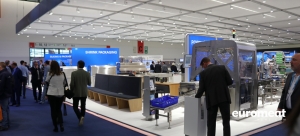
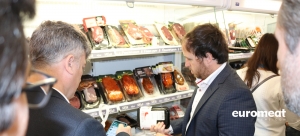
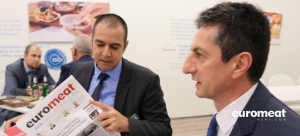
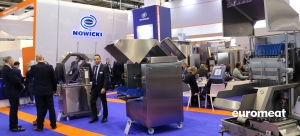
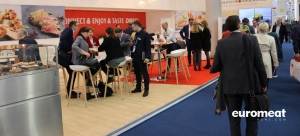
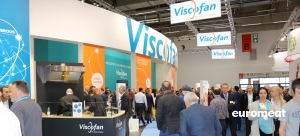
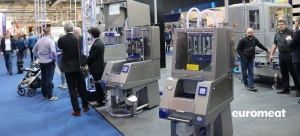
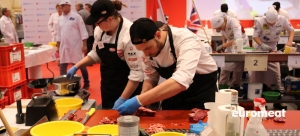

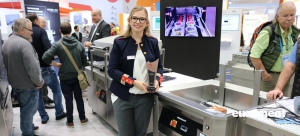
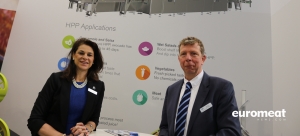
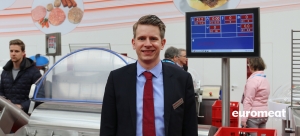
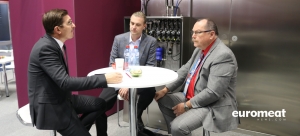
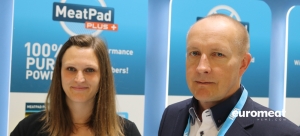
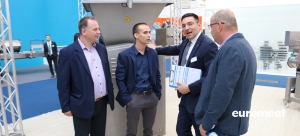
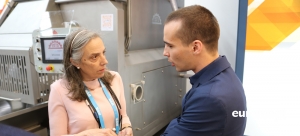
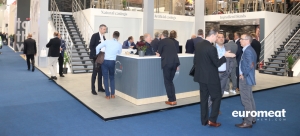
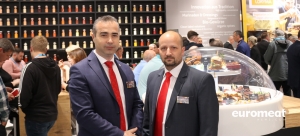
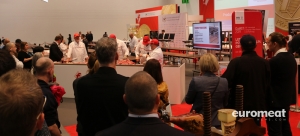
USMEF holds market outlook seminars twice a year for the Korean trade to share global meat produc...

HCC joined with Welsh Government and Welsh processors to exhibit at Foodex Tokyo between March 11...

As the premier trade event for food and drink professionals, IFE provides the perfect platform fo...
